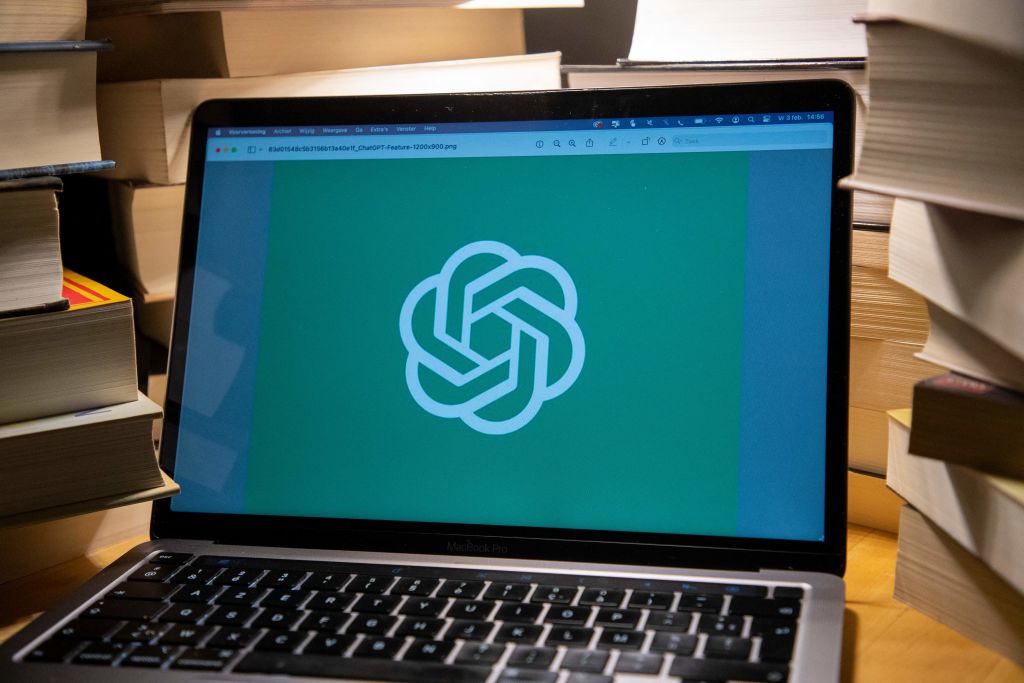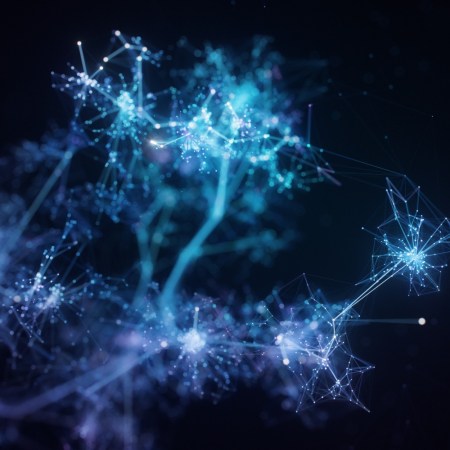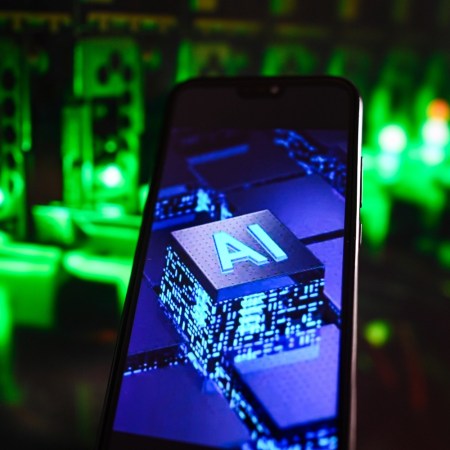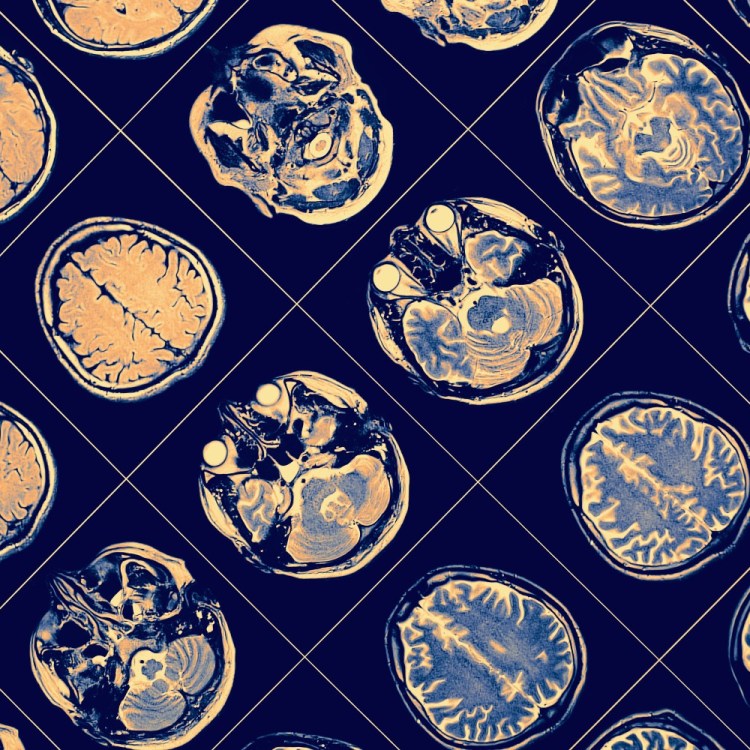How will AI change the world? It’s a subject that’s been the subject of heated debates and rampant speculation in recent months, with some exploring the ramifications of this technology on the workplace and education. ChatGPT has already reached the impressive milestone of having 100 million users — all in the span of just two months. And that’s before we get into the more surreal aspects of AI, like a constantly-running homage to Seinfeld.
There’s an argument to be made that the biggest advance in AI might come through something that doesn’t fit into any of these categories. That’s the argument James Somers makes in a new article for The New Yorker. Somers directs the reader to a program called Whisper.cpp, which he describes as “one of the more sophisticated programs ever to run on my laptop.”
As Somers details, Whisper.cpp is an adaptation of a program called Whisper, created by OpenAI. (There’s also a web version in place now.) It’s used for transcription, and Somers hailed its ability to create “eerily accurate transcript.” It’s the contrast between the power of Whisper.cpp and its open-source origins that Somers finds understandably fascinating.
Somers describes the numerous applications of Whisper and its descendants — which range from journalists looking to transcribe interviews to documentary filmmakers logging footage. The open-source nature of Whisper, as opposed to ChatGPT, suggest a limitless array of possibilities for how it could be used — and what other applications it could be made to interface with. It offers observers of the AI sphere a lot to think about — and some reasons for guarded optimism.
Thanks for reading InsideHook. Sign up for our daily newsletter and be in the know.


















